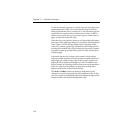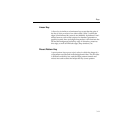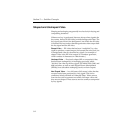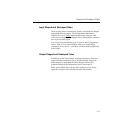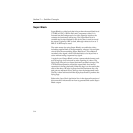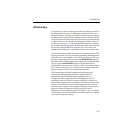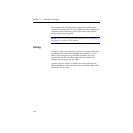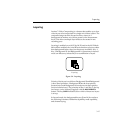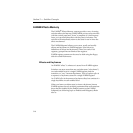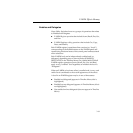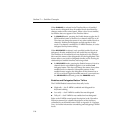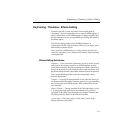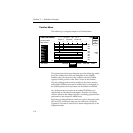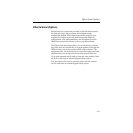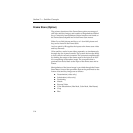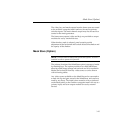
3-18
Section 3 — Switcher Concepts
E-MEM Effects Memory
The E-MEM
®
Effects Memory system provides a way of storing
switcher effects for later use. With E-MEM you can set up an effect
with the control panel and “learn” a snapshot of it into memory.
Later, you can recall that effect with the press of a button. The
switcher will immediately return to the state it was in when the
effect was learned.
The E-MEM Subpanel allows you to store, recall, and modify
effects and keyframes in E-MEM registers. (See below for
definitions of effects and keyframes.) There is a total of 100
registers, grouped into ten banks of ten registers.
E-MEM register contents can be saved to disk using the floppy
disk drive and Disk menus.
Effects and Keyframes
An E-MEM “effect” is whatever is stored in an E-MEM register.
Switchers can store more than one switcher state (“a keyframe”)
on each enabled level of a single E-MEM register, and can
transition, or “run,” between keyframes. Thus, a keyframe effect is
a sequence of keyframes stored in a single E-MEM register.
An E-MEM effect is the same as a keyframe effect, but consists of a
single keyframe on each enabled level.
When you learn a switcher state (or insert a keyframe) into an
E-MEM register, the only switcher parameters that are learned are
those that are enabled by the Enable buttons on the E-MEM
Subpanel (see following topic on Enables and Delegates). Refer
also to .



